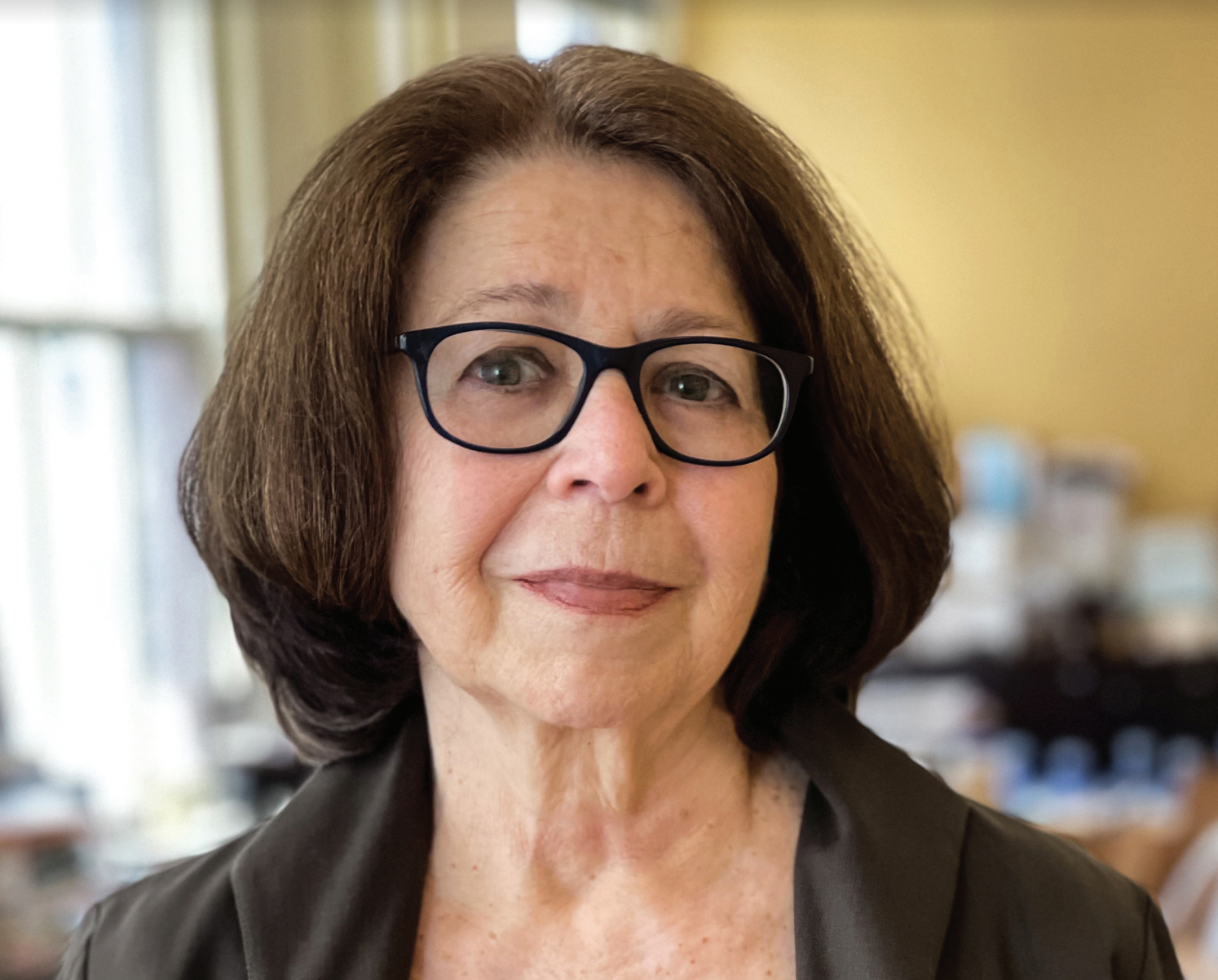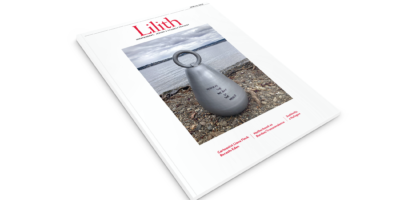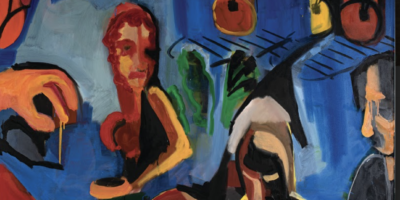
From the Editor: Unmute Yourself!
Whiplash. The news on every front, and at every scale, compels our attention, and the headlines change faster than my focus can accommodate. The pandemic’s persistent, complicated uncertainties and losses douse any confidence we might have had in planning ahead. Then add the tectonic shifts in North American politics, the chewing apart of laws meant to ensure reproductive justice and women’s bodily autonomy, the horrors in Ukraine and the volatility of the Russian regime.
And yet, despite these disorienting forces, I’ve felt grounded in some provocative conversations, in a good way. I was invited to speak via Zoom with three different groups, spanning the generations: A gathering of women who’d graduated from an urban women’s college in 1961. A class for graduate and rabbinical students at the Conservative movement’s flagship Jewish Theological Seminary. And a question-and-answer session with students at a suburban public high school who’d enrolled in an elective class on women’s issues
All one week I was in conversation with women in their eighties, grad students in their twenties and thirties, and young teens. I’ll tell you some of what went on. But first, the backdrop.
Just as these invitations arrived, Lilith was launching two unique programs to identify, mentor, edit and publish under- represented feminist writers; watch for them in these pages over the coming months. One is a cohort of 10 emerging writers over age 40, selected from hundreds of applicants. Their diversity of age (43 to 83), background, identity, and location make them an exciting and generative group to listen to as they support one another in crafting memoir, fiction, narratives about their own lives, imaginative recreations of their foremothers’ experiences and more. The second project invited brave women and nonbinary survivors of gender-based misconduct in Jewish spaces—congregations, seminaries, camps, youth groups, class- rooms, workplaces, etc.—to write about these transgressions of trust and ethical standards. To spur needed repairs to the fabric of Jewish life.
Each of the non-Lilith groups I spoke with last month incorporated aspects of these two writing cohorts, and each required that I listen carefully to people living outside my own chrysalis.
Lilith’s founders gotten pushback when the magazine started. We talked about the stereotyping of Jews and of women and about the particular Jewish stake in reproductive rights. They asked about the toughest stories we’d published, and whether there was antisemitism directed at the magazine in its early days.
The graduate students, eyeing their own futures as rabbis in congregations and nonprofits, or directors at Jewish schools, were interested in Lilith’s identity and values as an organization, and whether leadership had ever chosen to compromise them. (No.) The conversation included recent reports on sexual predation by teachers and clergy, board members and bosses, and predators’ grooming of (and predations upon) students, congregants, peers, employees. We discussed enablers’ reluctance to expose bad behaviors, and we spoke in practical terms—for example, about the importance of clergy having glass-paned office doors; a window like this creates, literally, a more transparent environment.
These talks with current students were deeply compelling. More surprising to me was the calm wisdom, and open rage—yes, rage—of the women’s college reunion group. There was talk of political and partner violence, and war, and ongoing #MeToo revelations. These are people comfortable naming such things. A tribute to the role of feminism in their lives, many of them were ready to analyze the forces behind the world’s bad news. At least one woman was infuriated that, still, “We’ve got to end the patriarchy” that foments violence. The Zoom host then instructed the next participant that she needed to unmute herself. The woman with the raised hand took the cue, “That’s the entire message here, isn’t it? We have to unmute ourselves.”
Reader, that’s a line worth borrowing.
Susan Weidman Schneider
As a coda to this chronicle of recent conversations across generations, I share with you the sad news that one of the women in my life whose conversations were always a delight was Mildred Weissman, who died while this issue of Lilith was being planned. Mildred had just turned 102, and as our tribute to this longtime friend and board member noted when we marked Mildred’s 100th birthday in Lilith’s pages, her infectious laugh, her generous spirit, her attentiveness to nuance and her vision made her an invaluable part of Lilith’s inner circle. We mourn her passing, and miss talking with her. Mildred Weissman was always able to see the far horizon, supporting—among other important projects here—Lilith’s robust digital efforts while she herself never touched a computer keyboard. And I like to think that as an enthusiastic cheerleader for the arts Mildred would have especially appreciated the stunning images in this issue of Lilith. I hope that Mildred’s family will be comforted, as I am, by good memories of this extraordinary woman.




